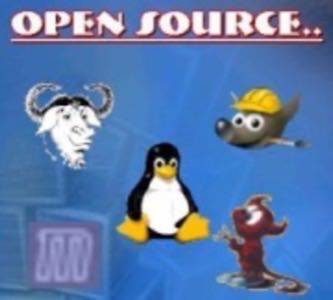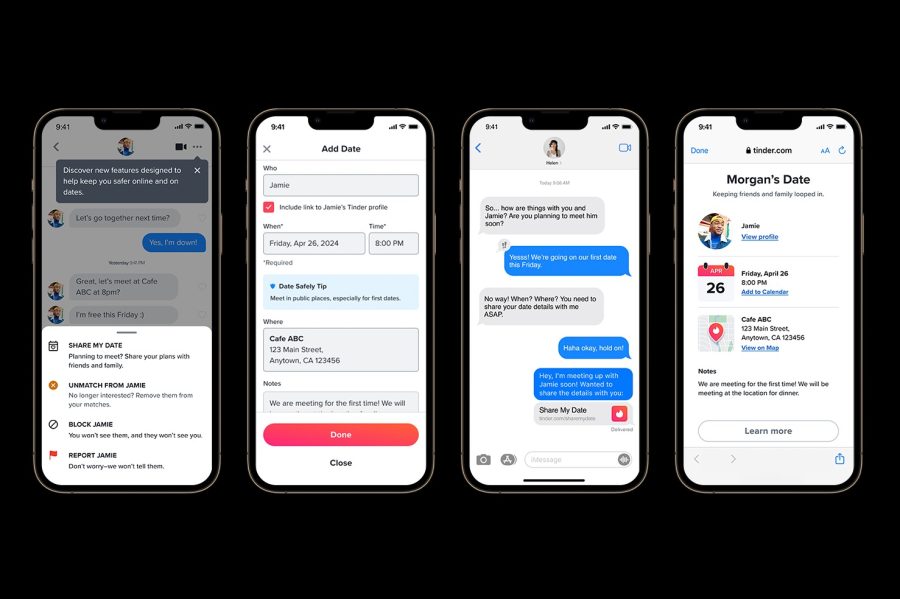Written by Jitendra Gupta of Karmaweb
In the area of computers and Internet, the open source movement is almost as old as computers themselves. In the beginning there was Multics, Unix, BSD, Minix etc. Than came Richard Stallman’s GPL, GNU and FSF. That was followed by Linux, Apache and many more projects. Over time, the open source movement has begun extending to things beyond software and technology – to include media (video, pics and blogs etc.), creative content (creative commons) and communities.

Since the open source movement affects our lives in more and more ways, let’s take a look at how the open source model is interacting with our market driven economic system.
Open Source Business Models
The heightened level of interest in the open source model has lead companies to start looking for ways to add value to the process of open source development and distribution, in order to make money from it. Some of the models/approaches that have emerged are:
Develop the product and open it up to the community: The main goals for the business here are twofold:
- Generate marketing buzz
- Leverage the skills of people in the community to enhance the product.
Businesses make money by selling add-on software modules or services to customers using open source technology. Some of the examples of this model are Eclipse (IBM), Netscape, Linux, and recently Solaris (Sun). While this model sounds attractive as a way to reduce development costs, there are plenty of other expenses. Businesses need to create and participate in boards (sometime controlled by the business, sometimes not) to chart a sensible product direction, to manage licensing issues and to put together a well tested base distribution bundle. Working on a board staffed with community members and sometimes even competitors can be an expensive and time consuming process.
Take an Open Source product and provide support and services to enterprises: There are a number of companies like MySQL, Zmanda, RedHat etc. that provide such services. The business model is all about building up the volume and driving up the percentage of paying customers (typically less than 2% of the customers pay) for customer support or other services.
Provide open source platforms: There are a number of sites/projects like sourceforge.net, Google Code and even YouTube or FaceBook, that provide platforms for open source-like collaboration. The business model typically is to provide the basic services for free and make money via ads by driving page views.
The value of open source is pretty clear to customers, as they get the products and services they want without having to pay for the underlying product…But who else is extracting rents in open source related economic activity? Let’s look at the value accruing to three important stakeholders – Businesses, Customers and Contributors.
Value to open source businesses
Some have argued that businesses are capturing the lion’s share of the value of open source, at the expense of contributors and customers. This point of view was expressed by Dirk Riehle (who leads the open source research group at SAP Research) in his recent paper on the topic. Dirk argued that businesses derive the maximum benefit because:
- The customers want a deployed solution, so service companies (like IBM) that use open source software make up for the free open source software by increasing the price of the service. This increase directly adds to their bottom line.
- Businesses benefit as employers, because a larger talent pool due to the non-proprietary nature of open source enables businesses to have a stronger negotiating position, compared to individual developers.
Besides the obvious conflict on interests (Dirk works for SAP, which isn’t big on open source; and SAP competes with IBM, which is big on open source), Dirk made the first point without pointing to any data. I find it hard to believe that customers don’t see a lowered bill when open source software is used instead of proprietary software.
For his point #2, Dirk again provided no facts – but makes a general assertion. I believe that the people who contribute to open source are self motivated people who enjoy programming and as such get a higher salary, compared to people who do not participate in open source.
Also from the open source business point of view, if we consider the costs associated with managing, engaging and participating with the community, I am not sure the open source businesses will come out with lower costs, compared to non-open source businesses.
Overall it seems to me that open source businesses have significant costs and barriers to profitability; and are certainly not capturing the majority of value in open source transactions.
Value to Customers
Customers using open source benefit a great deal:
- Free software makes it easy to get started.
- Using open source enables customers to avoid the dreaded vendor lock-in. So if customers are using open source, they are able to change providers if they are not particularly happy with the service provided by the vendor. Open source provides them with huge leverage with service providers.
- The customers benefit as they have a larger talent pool to hire from and they don’t have to pay proprietary vendors for all sorts of “certifications” etc.
Overall the customers come out well ahead by using open source technology. In fact, were it not for the LAMP (Linux, Apache, MySQL and Php, Python, Perl etc.) stack, startup costs would have been a lot higher then they are today – and we would not be seeing the amount of innovation we are seeing in the field of Internet and Technology.
Value to Contributors
Contributors to open source also benefit from participating:
- It used to be the case that contributors did not get paid for their contributions and had to work on their own time, but things are changing. With the popularity of open source projects, more companies are paying contributors to support the community, or are even contributing proprietary modules to the community. This provides direct incentives to contributors to work with the community.
- Open source participation is a great way to establish credibility if you are a programmer…Have you seen ads like these: “With your resume, please include some php and javascript code snippets or refer us to an open source project you’ve worked on.”
- Most good open source developers have an opportunity to become a public voice for the project. This extended role for engineers not only means an ego boost, but also translates to higher salaries etc.
Overall, developers working on open source come out ahead by participating in open source projects.
Conclusion
The open source movement has become a powerful value creator. In addition, it has created an interesting and somewhat egalitarian wealth distribution mechanism, where on one hand it has made it hard for one stakeholder to extract inordinate rents, and on the other hand it has created the right incentives for a lot of people to participate and have a stake in its success. No wonder it is becoming a popular model for more and more businesses and social activities.
Image via Mark Hemphill










